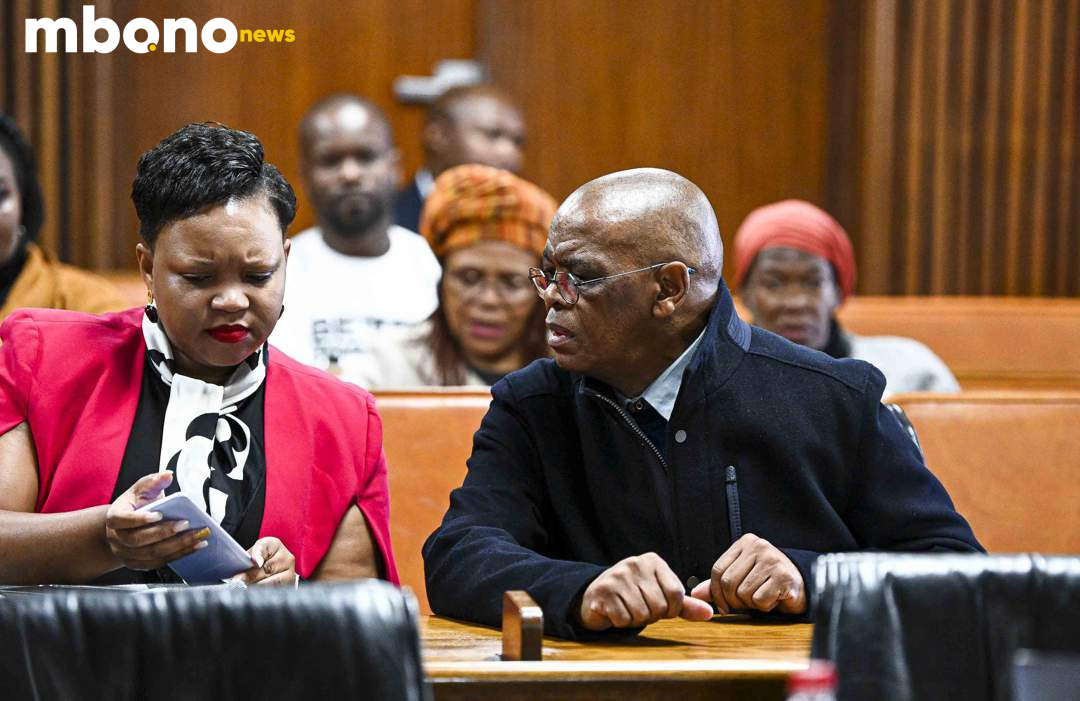Moroadi Cholota to Sue South African Government Over “Unlawful and Traumatic” Extradition Ordeal
Moroadi Cholota, the former personal assistant to ex-Free State Premier Ace Magashule, is preparing to sue the South African government for constitutional damages, following a scathing High Court ruling that exposed misconduct by the National Prosecuting Authority (NPA) during her attempted extradition from the United States.
The extradition formed part of the ongoing R255 million Free State asbestos audit corruption case, in which Magashule is a central figure. But in a dramatic legal turn, Judge Phillip Loubser of the Free State High Court last week ruled that Cholota’s extradition was not only unlawful, but also based on “false and incorrect information” provided to U.S. authorities.
Among the most damning revelations was that the state incorrectly claimed Cholota had ties to Kenya, a detail derived from travel layovers and a child abroad — which was later corrected to Nigeria. The court emphasized that these misrepresentations were never rectified, constituting a serious breach of both international and constitutional law.
Violation of Rights and Allegations of Coercion
Cholota’s legal team, led by Advocate Loyiso Makapela, has argued that the entire ordeal violated her constitutional rights, particularly under Section 35(5) of the Constitution, which protects against the admission of evidence obtained in a manner that infringes fundamental rights.
According to court records and the testimony of Captain Benjamin Calitz, Cholota was interrogated without legal representation and allegedly intimidated and coerced after refusing to turn state witness against Magashule. Her refusal, Makapela contends, led to her abrupt reclassification from witness to suspect — a move that undermined due process and legal ethics.
Government Response and Appeal
While the NPA has confirmed plans to appeal the High Court’s ruling, spokesperson Mthunzi Mhaga defended the agency’s actions, claiming that due process was followed. However, the ruling and the looming lawsuit have cast a harsh spotlight on the credibility of state prosecutions, particularly in politically charged cases.
Legal analysts suggest that Cholota’s case — especially if successful — could set a groundbreaking precedent by expanding the state’s liability for psychological trauma, intimidation, and procedural abuse, rather than simply unlawful detention.
What’s Next: Legal Reckoning and Political Fallout
With the asbestos corruption trial still looming and Magashule’s political relevance still hovering, Cholota’s civil suit is poised to test the resilience of South Africa’s justice system and could ignite further scrutiny of the NPA’s conduct in high-profile corruption cases.
As the legal drama unfolds, observers at home and abroad will be watching closely — not just for the verdict, but for what it reveals about power, accountability, and justice in post-apartheid South Africa.
